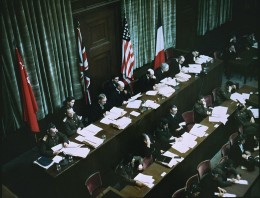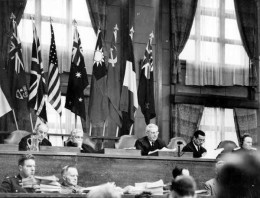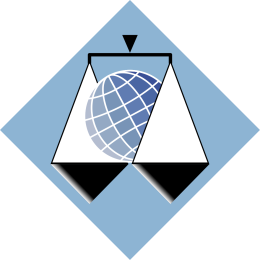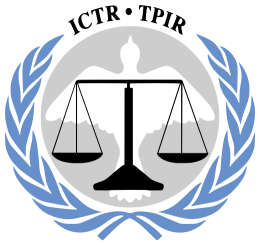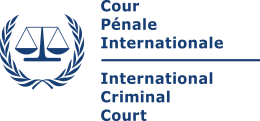NURMBERG WAR CRIMES TRIBUNAL
The International Military Tribunal (IMT) Nuremberg started on 20 November 1945, six and a half months after the German surrender. The Allied Forces (US, UK, Soviet Union and France) established the tribunal in order to try political, military, diplomatic and economic leaders of Nazi Germany. However, some key nazi's were not indicted as a result of suicide, while others were deemed unfit for trial, deceased before being tried or managed to escape justice.
On 1 October 1946 the judges gave their verdict. The IMT also declared four organizations to be criminal, namely the Leadership Corps of the Nazi Party, the SS, the SD and the Gestapo.
The IMT Nuremberg laid an important foundation for today’s international criminal justice system as the first international criminal tribunal.

